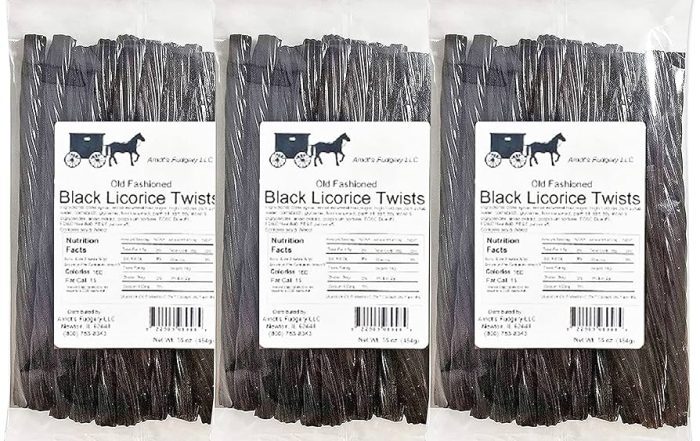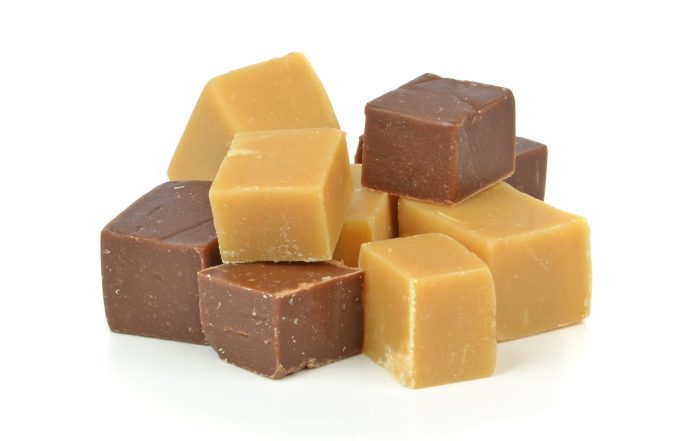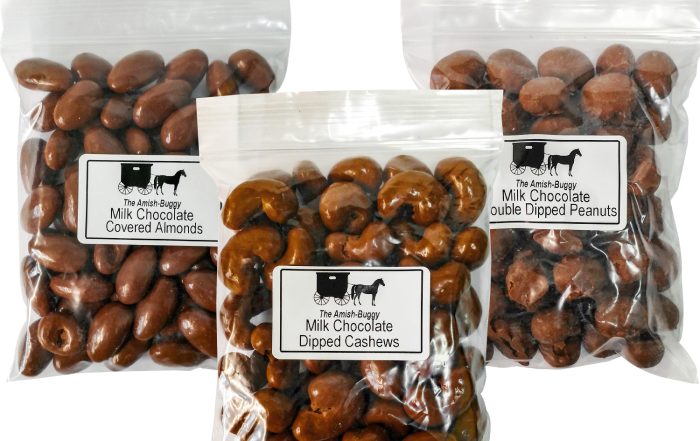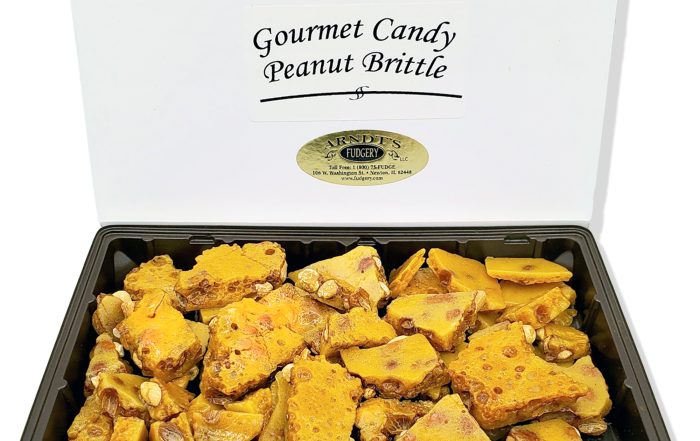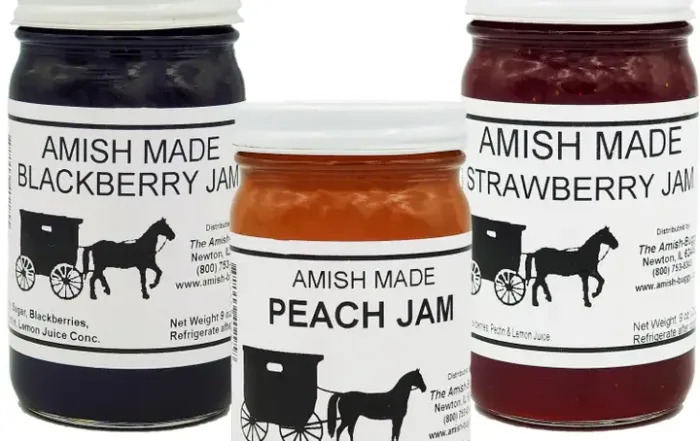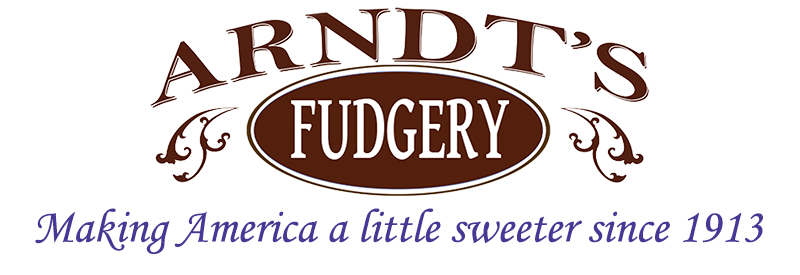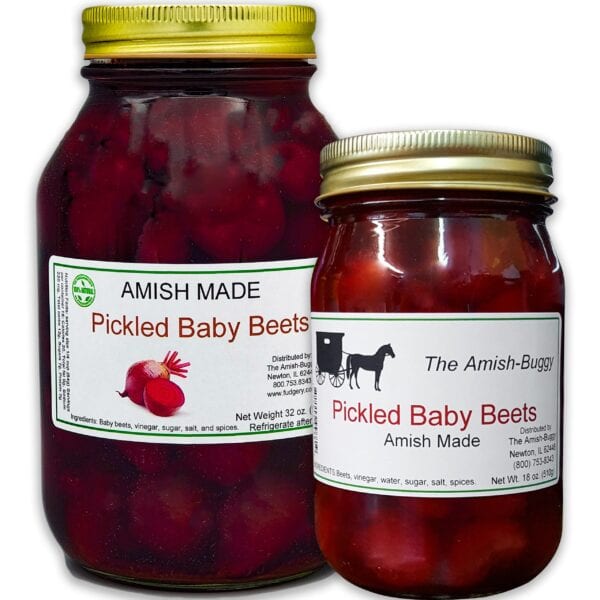
Latest Blogs
Pickled baby beets may not be the first thing that comes to mind when you think of versatile ingredients, but they absolutely should be! These vibrant, bite-sized gems pack a punch of flavor and nutrients, making them a fantastic addition to your daily diet. Whether you’re a health-conscious foodie or simply looking to spice up your meals, pickled baby beets can transform any dish. Let’s dive into why pickled baby beets are the perfect addition to every meal and how they can benefit your health.
What Makes Pickled Baby Beets Special?
Pickled baby beets are small, tender beetroots preserved in a vinegar-based brine. They are typically seasoned with spices like cloves, cinnamon, or allspice, which enhance their naturally sweet and earthy flavor. The pickling process not only gives them a tangy, delicious taste but also extends their shelf life, making them a convenient pantry staple. Unlike regular-sized beets, baby beets are harvested when they are younger and smaller, making them more tender and less fibrous. Their size makes them perfect for snacking, tossing into salads, or adding to sandwiches, providing a burst of color and flavor to any dish.
Are Pickled Baby Beets Good for You?
The short answer? Absolutely! Pickled baby beets are not just tasty; they are also incredibly good for your health. Here’s why:
- Rich in Nutrients: Beets, whether pickled or fresh, are packed with essential vitamins and minerals. They are an excellent source of folate, manganese, potassium, and vitamin C. Folate is especially important for pregnant women, as it aids in the development of the fetal nervous system.
- Low in Calories, High in Fiber: Pickled baby beets are a low-calorie food that’s high in dietary fiber. This makes them a great choice for anyone looking to maintain or lose weight while still feeling full and satisfied. Fiber is essential for digestive health, promoting regular bowel movements and preventing constipation.
- Heart-Healthy: Beets are known for their high nitrate content, which can help lower blood pressure and improve circulation. Nitrates are converted into nitric oxide in the body, which relaxes blood vessels and improves blood flow, reducing the risk of heart disease and stroke.
- Antioxidant Powerhouse: Pickled baby beets are rich in antioxidants like betalains, which give them their deep red color. These antioxidants help fight oxidative stress and inflammation in the body, which can reduce the risk of chronic diseases like cancer and diabetes.Why Pickled Baby Beets Are a Perfect Addition to Every Meal
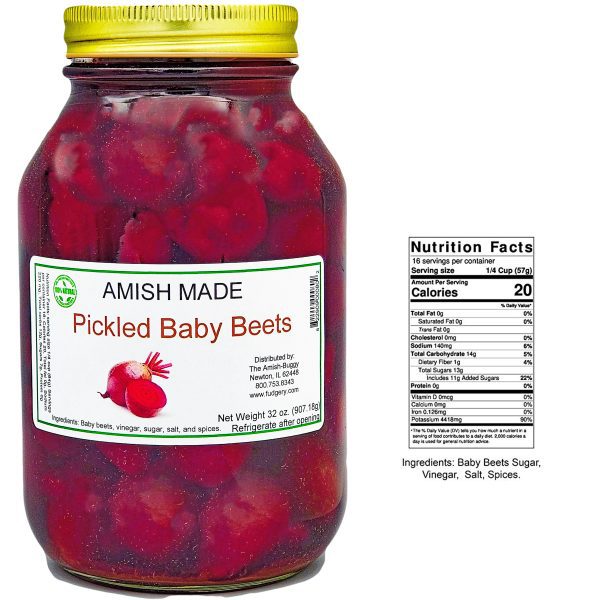
1. Salads and Bowls
Pickled baby beets are a fantastic way to add a tangy, slightly sweet flavor to your salads. Toss them into a mixed greens salad with goat cheese, walnuts, and a balsamic vinaigrette for a gourmet touch. They also pair well with grains like quinoa or farro in a hearty bowl. The contrast of their vibrant red color against leafy greens makes for a visually stunning dish that’s equally delicious.
2. Sandwiches and Wraps
Looking for something to take your sandwiches or wraps to the next level? Add a few slices of pickled baby beets! Their tangy taste complements creamy cheeses, meats, and even hummus. Whether it’s a turkey sandwich or a veggie wrap, the beets provide a crunchy texture and a burst of flavor that elevates your lunch.
3. Appetizers and Tapas
Pickled baby beets are the perfect bite-sized addition to charcuterie boards, antipasto platters, or tapas spreads. Pair them with cheese, olives, and cured meats for a balanced flavor profile that will impress your guests. Their sweet and sour taste balances out the richness of the other ingredients, making them a hit at any gathering.
4. Side Dishes
Pickled baby beets make an excellent side dish for roasted meats, poultry, or fish. They bring a brightness to rich dishes, cutting through fatty flavors with their acidity. Try serving them alongside grilled chicken or baked salmon for a meal that’s both healthy and flavorful.
5. Snacking
Feeling peckish? Pickled baby beets are a healthy and convenient snack. Keep a jar in your fridge and pop a few when you’re craving something savory. Their natural sweetness can also satisfy your sweet tooth without the need for sugary snacks.
What Is the Difference Between Beets and Baby Beets?
While both regular beets and baby beets are nutritious and delicious, there are a few differences between the two.
- Size and Harvesting: Baby beets are harvested earlier, resulting in smaller, more tender roots. They have a milder flavor and are less fibrous than mature beets, which can sometimes be tough and require more cooking.
- Texture: Because baby beets are younger, they tend to be more tender and delicate in texture, making them perfect for pickling and quick-cooking. Mature beets are often roasted or boiled due to their firmer texture.
- Flavor: Baby beets are generally sweeter than larger, mature beets, making them an excellent choice for those who prefer a milder, more subtle beet flavor. Mature beets have a deeper, earthier taste, which can be more pronounced when roasted.Are Pickled Beets Good for Your Liver?
Yes, pickled beets are excellent for your liver! Beets, in general, are known for their detoxifying properties, particularly when it comes to liver health. They contain a compound called betaine, which helps support liver function and aids in the detoxification process. Here’s how pickled beets benefit your liver:
- Liver Detoxification: Betaine helps the liver process fats more efficiently and protects it from the build-up of harmful toxins. This is particularly important for those who consume alcohol or a high-fat diet, as beets can help reduce the strain on the liver.
- Reduces Inflammation: Chronic inflammation is often linked to liver diseases like fatty liver disease. The antioxidants in pickled beets, particularly betalains, can help reduce inflammation in the liver and promote overall liver health.
- Improves Bile Flow: Beets stimulate the production of bile, which is crucial for the digestion and absorption of fats. By promoting healthy bile flow, pickled beets can improve digestion and help the liver function more efficiently.How to Make Pickled Baby Beets at HomeMaking your own pickled baby beets at home is surprisingly easy! Here’s a simple recipe to get you started:Ingredients:
- 2 pounds baby beets
- 1 cup vinegar (white or apple cider)
- 1/2 cup water
- 1/4 cup sugar (or more, to taste)
- 1 teaspoon salt
- 1 teaspoon whole cloves
- 1 cinnamon stick
- 1 teaspoon mustard seeds (optional)Instructions:
- Start by boiling the baby beets in salted water until tender, about 20-30 minutes. Let them cool, then peel and slice them into bite-sized pieces.
- In a saucepan, combine the vinegar, water, sugar, salt, and spices. Bring to a boil and simmer for 5 minutes.
- Pack the sliced beets into sterilized jars and pour the hot brine over them, making sure they are fully covered.
- Seal the jars and refrigerate for at least 24 hours before serving. For best results, let the flavors develop for a few days.
- Conclusion Pickled baby beets are not just a colorful and flavorful addition to your meals—they’re also a powerhouse of nutrients. From improving heart health to supporting liver function, pickled beets offer a range of health benefits that make them worth incorporating into your diet.
Whether you add them to salads, sandwiches, or enjoy them as a snack, pickled baby beets can elevate your meals in both taste and nutrition.
Check out our Facebook!
FAQs
1. Can I eat pickled baby beets every day?
Yes, pickled baby beets can be eaten daily as part of a balanced diet. However, moderation is key, especially if the pickling brine contains a lot of salt or sugar.
2. Do pickled baby beets contain probiotics?
Traditional pickling methods that involve fermentation can produce probiotics, but most store-bought pickled beets use vinegar-based brine, which doesn’t contain live probiotics.
3. Are pickled baby beets keto-friendly?
Beets contain natural sugars, so while they can be enjoyed in moderation on a keto diet, it’s important to account for their carbohydrate content.
4. How long do homemade pickled baby beets last?
When stored in the refrigerator in a sealed jar, homemade pickled baby beets can last up to 3 months.
5. Can pickled baby beets help with digestion?
Yes, the fiber content in pickled baby beets can promote healthy digestion and regular bowel movements. Additionally, the vinegar used in pickling can have digestive benefits.

